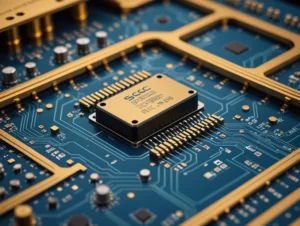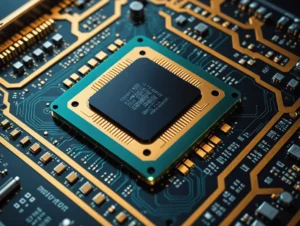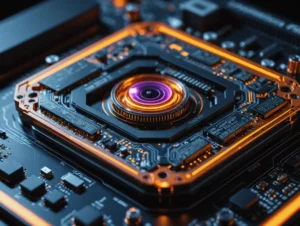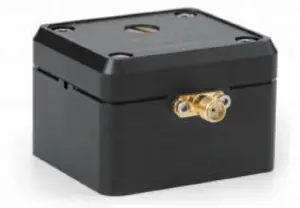Key Features
- Efficiently blocks reverse transmission beams to enhance optical system stability.
- Available in expanded and non-expanded beam isolator designs tailored to diverse optical systems.
- High isolation levels: >33 dB for single-stage and >50 dB for dual-stage configurations.
- Low insertion loss, superior beam quality, and excellent environmental stability.
- Customizable options for various power ranges, fiber types, and housing configurations.
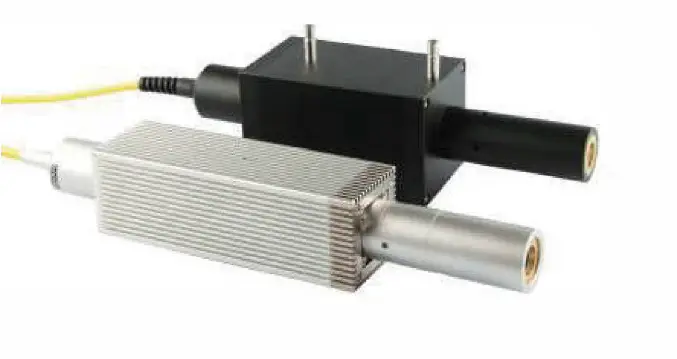
General Description
Fiber-Free Space Isolators are designed to prevent reverse transmission beams, ensuring the stability and precision of fiber laser systems. POC offers two primary types: non-expanded and expanded beam isolators. The non-expanded beam isolator includes birefringent crystals, Faraday rotators, and wave plates, enabling effective reverse beam isolation in optical systems. In contrast, the expanded beam isolator integrates a beam expander to produce high-quality, focused beams with minimized divergence angles.
These isolators feature high isolation levels (up to 50 dB for dual-stage designs), low thermal lens effects, and exceptional environmental performance. POC uses advanced crystal fabrication techniques and premium optical components to ensure consistent performance. The devices are customizable, offering a range of options to meet specific application requirements, including fiber type, wavelength, and housing configurations.
Applications
- Fabrication of Fiber Lasers
Fiber-free space isolators are essential in fiber laser systems for preventing back reflections, maintaining system stability, and improving overall efficiency in industrial and scientific applications. - Optical Fiber Sensors
These isolators are used in high-precision optical fiber sensing systems, ensuring minimal noise and enhanced measurement accuracy by blocking reverse transmission beams. - Laser Gauging
In laser measurement systems, the isolators ensure precision and stability, critical for gauging applications in advanced manufacturing and research.
Standard Products and Model Numbers
Model Number: HPISO-t-p-f-λ-e-b-s-d-h
- t: Type (FF for Non-Expanded Beam, EB for Expanded Beam)
- p: Power (1-500 W)
- f: Fiber Type (1/10/125SCF)
- λ: Wavelength (980-2000 nm)
- e: Pigtail Diameter (C, E, H, L, N for different cable types)
- b: Beam Diameter (0.3-11 mm)
- s: Stage (S for Single, D for Dual)
- d: Spot Shape (G for Gaussian)
- h: Housing (A08, A09, etc.)
Typical Specifications
| Withstand Power | Wavelength | Spot Diameter | Transmission | Peak Isolation |
|---|---|---|---|---|
| 1-50 W | 980-2000 nm | 0.4-10 mm | >93%* | >33 dB* |
| 50-120 W | 980-2000 nm | 0.4-10 mm | >93% | >33 dB |
| 200-350 W | 1064 nm | 1-10 mm | >93% | >33 dB |
*Applicable only to single-stage isolators.
Operating temperature range: 10°C – 30°C
Housing Dimensions
Model A28:
- Length: 160 mm
- Width: 63 mm
- Height: 42 mm
- Pigtail diameter: 0.4-10 mm


